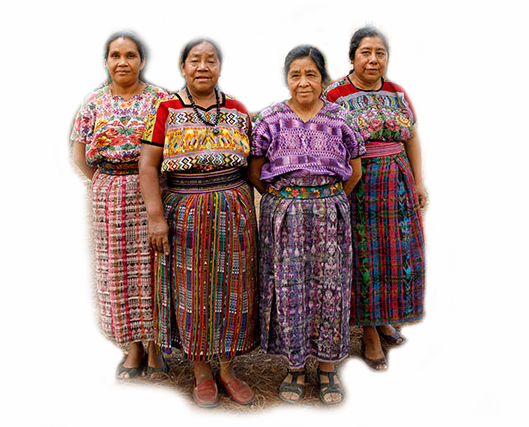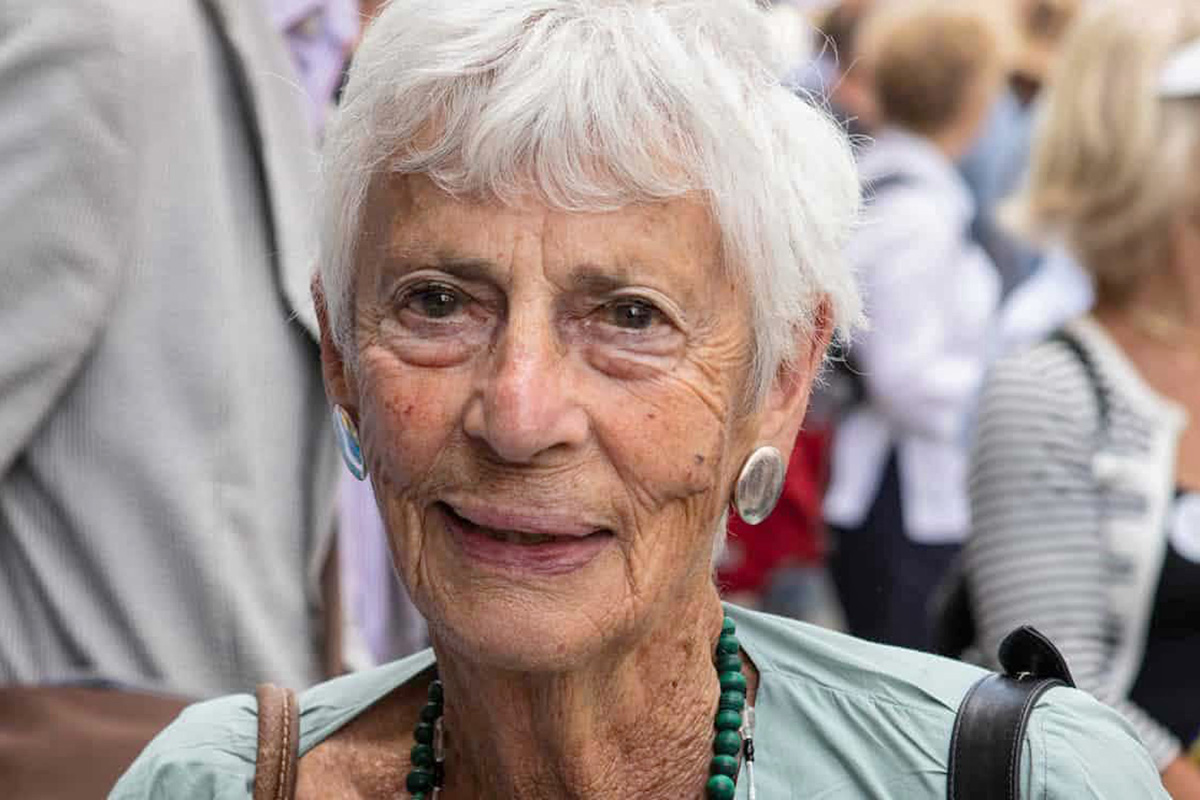Invisible Women, Invisible Problems
For many women around the world, the devastating loss of a partner is magnified by a long-term fight for their basic rights and dignity. Despite the fact that there are more than 258 million widows around the world, widows have historically been left unseen, unsupported, and unmeasured in our societies.
Today, as armed conflicts, displacement and migration, and the COVID-19 pandemic leave tens of thousands of women newly widowed and many others whose partners are missing or disappeared, the unique experiences and needs of widows must be brought to the forefront, with their voices leading the way.
Experience from the past, shows that widows are often denied inheritance rights, have their property grabbed after the death of a partner, and can face extreme stigma and discrimination, as perceived ‘carriers’ of disease. Worldwide, women are much less likely to have access to old age pensions than men, so the death of a spouse can lead to destitution for older women. In the context of lockdowns and economic closures, widows may not have access to bank accounts and pensions to pay for healthcare if they too become ill or to support themselves and their children. With lone-mother families and single older women already particularly vulnerable to poverty, this is an area that needs urgent attention.
On International Widows’ Day, 23 June, take a look at some of the issues affecting widows around the world and what must be done to safeguard and advance their rights.

Problems for widows in developing countries

What you should know about widowhood
As widows move through their own experiences of grief, loss, or trauma after the death of a spouse, they may also face economic insecurity, discrimination, stigmatization, and harmful traditional practices on the basis of their marital status.
Source: Texte & Images: https://www.un.org/en/observances/widows-day
 Children orphaned by AIDS are just a fraction of the problem, as millions more have been made vulnerable. Behind the statistics are millions of stories of human suffering. The AIDS crisis has a catastrophic impact on households and communities – deepening poverty and exacerbating hardships. More than 95 percent of children affected by AIDS, including orphans, continue to live with their extended families. However, these families are increasingly overwhelmed by poverty and struggle to protect and raise the children in their care.
Children orphaned by AIDS are just a fraction of the problem, as millions more have been made vulnerable. Behind the statistics are millions of stories of human suffering. The AIDS crisis has a catastrophic impact on households and communities – deepening poverty and exacerbating hardships. More than 95 percent of children affected by AIDS, including orphans, continue to live with their extended families. However, these families are increasingly overwhelmed by poverty and struggle to protect and raise the children in their care.